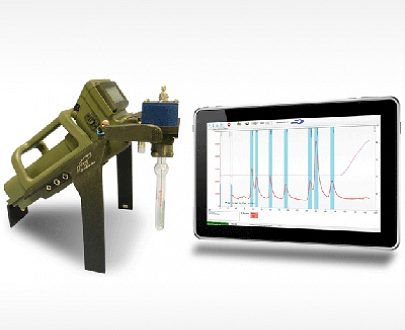What are some hallmarks of quality when selecting nutritional supplements?
To understand the difference, it’s important to know that there are no published FDA GMP standards for dietary supplements under which products must be manufactured and sold. When a company states that they “follow” or “comply” with GMPs they are really stating that they are monitoring themselves.
In contrast, GMP certified companies are monitored by independent, non-government, third parties, such as NSF International, USP, and NNFA, for quality and safety. GMPs provide specific standards for the manufacturing, packaging, warehousing, and distribution of dietary supplements consistent with standards proposed by the U.S. Food and Drug Administration.
“GMPs provide specific standards for the manufacturing, packaging, warehousing, and distribution of dietary supplements consistent with standards proposed by the U.S. Food and Drug Administration.”
Testing of dietary supplements by independent entities such as Consumer Reports and ConsumerLab has frequently detected discrepancies between the ingredient amounts listed on dietary supplement labels and the actual amounts found in products, and/or unacceptable levels of contaminants. GMP certification provides consumers with unbiased, independent verification that products meet label content claims and do not contain contaminants such as unintended microbes or lead and heavy metals.
What is ISO Certification and How Does It Differ From GMP Certification?
ISO (International Organization for Standards) certification, the second component of GMP 9000, provides quality standards to enhance customer satisfaction. ISO 9001, used within the dietary supplement industry, focuses on the management system of a company, especially in regards to customer service, on delivery time, and internal performance measures. ISO 9001 standards are not related to manufacturing practices.
Conceptually, ISO and GMP are similar, but the focus of each is different. For example, ISO requires measurement of customer satisfaction, but has no requirements for sanitation. GMP does not address customer satisfaction, but has numerous requirements for sanitation and process control.
An Ongoing Commitment
Attaining GMP or ISO certification is not easy. An ongoing commitment to maintaining or exceeding the standards along with a significant financial investment is required. For example, Douglas Laboratories or ProThera’s dual GMP and ISO registration provides you with an extra measure of confidence in our products and customer service competency.
Check the label next time you purchase, you may be getting more, or less than you are paying for.
 Vitamin Agent The Health & Naturalistic Source
Vitamin Agent The Health & Naturalistic Source





